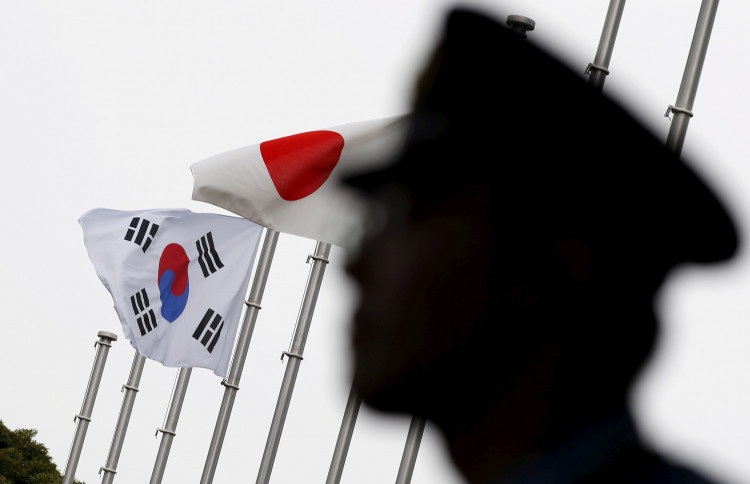Authorities in South Korea are investigating a potential leakage incident at the Wolseong No. 4 nuclear power plant, located in Gyeongju, North Gyeongsang Province. This inquiry follows the release of approximately 2.3 tons of water from the plant's spent fuel storage facility into the sea. The Nuclear Safety and Security Commission (NSSC) received a report from the Korea Hydro & Nuclear Power Co. (KHNP), the plant's operator, on Saturday morning regarding the incident.
The KHNP discovered the water level decrease in the spent fuel storage at 4:34 a.m. and promptly implemented measures to halt the leakage. The NSSC was notified at 7:53 a.m., and experts from the Korea Institute of Nuclear Safety (KINS) were immediately dispatched to assess the situation, including the volume of water leaked and the cause of the spill.
The radiation level from the suspected leakage was estimated at 0.000000555 millisieverts (mSv), significantly below the annual radiation dose limit of 1 mSv for an individual. "We have blocked the storage to prevent any further leakage and are investigating the exact cause," an NSSC official stated. The preliminary suspicion is that there was an issue between the coolant water, used to cool the spent fuel, and the device meant to cool this coolant water.
The NSSC plans to announce the results of its investigations along with an environmental impact assessment. The incident has raised concerns about the safety protocols and measures in place at the Wolseong nuclear facility.
The Wolseong Unit Four reactor has been shut down for planned maintenance since April 20. Despite this, the discovery of the water release has prompted a thorough investigation to ensure there are no further risks or potential hazards to the environment or public health.
This incident comes amidst growing scrutiny of nuclear safety measures worldwide. The swift response by KHNP and the NSSC reflects the stringent safety standards and rapid action protocols designed to mitigate any potential risks associated with nuclear power generation.




